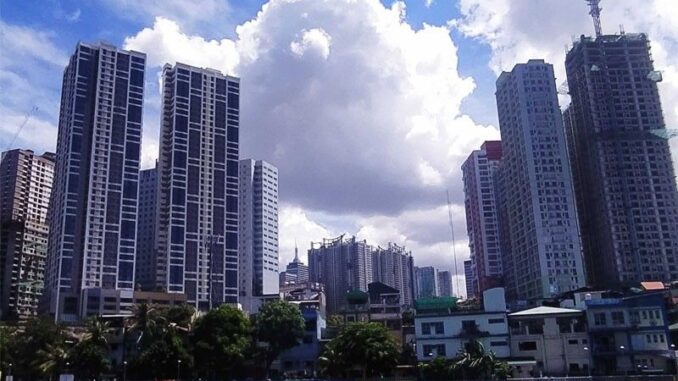
MANILA, Philippines — The Philippines’ current economic performance reflects its strong ability to recover from the challenges posed by the global COVID-19 pandemic, according to a bank analyst.
In an economic briefing on Wednesday, January 8, BDO Unibank’s Investor Relations Group said the country’s increased domestic consumption and young population are key factors positioning the country for sustained growth and enhanced investor confidence.
Dante Tinga Jr., the group’s senior vice president, addressed over 80 Japanese companies during the briefing, highlighting the Philippines’ resilience and the key drivers behind its economic performance.
Tinga cited the country’s annual population growth of 1.6% and how half of the Filipino population is 25 years old and younger.
He also mentioned that the comeback and increase of overseas labor deployment after the pandemic drove household spending to exceed pre-pandemic levels.
It brought a “steady flow” of remittances from abroad that strengthened Filipino families’ purchasing power, and in turn further fueling consumption in the country.
Tinga anticipates the Bangko Sentral ng Pilipinas (BSP) to lower interest rates “cautiously” because of how the inflation rate has maintained within the central bank’s range of 2.0% to 4.0% and that other countries are also easing monetary policies.
“Lower rates are expected to reinvigorate private sector investments, boost business sentiment, and potentially accelerate the Philippine economy to its pre-pandemic growth trajectory,” BDO Unibank’s Investor Relations Group said in a statement.
The Philippine Statistics Authority (PSA) reported on Tuesday, January 7, a headline inflation rate of 2.9% in December 2024. This rose from 2.5% in November 2024.
RELATED: Inflation hits 2.9% in December, ends 2024 at 3.2%
Should inflation rates decline, Tinga said it would “create a favorable environment for business investments and improve consumer confidence.”
However, he cautioned about potential risks from a stronger dollar, which could drive up import costs depending on the fiscal policies of the incoming United States’ administration under President-elect Donald Trump.
Tinga also emphasized the “urgent need” to upskill the Philippine workforce to stay competitive in an “increasingly digital global economy.”
Private sector investment is projected to improve with inflation under control and interest rates expected to decline.
Meanwhile, the Bureau of Treasury reported on Tuesday that the country’s government debt had risen to P16.09 trillion as of November 2024, an increase from the previous month.
The agency attributed this to higher issuance of domestic securities and the depreciation of the Philippine peso against the U.S. dollar.


Be the first to comment